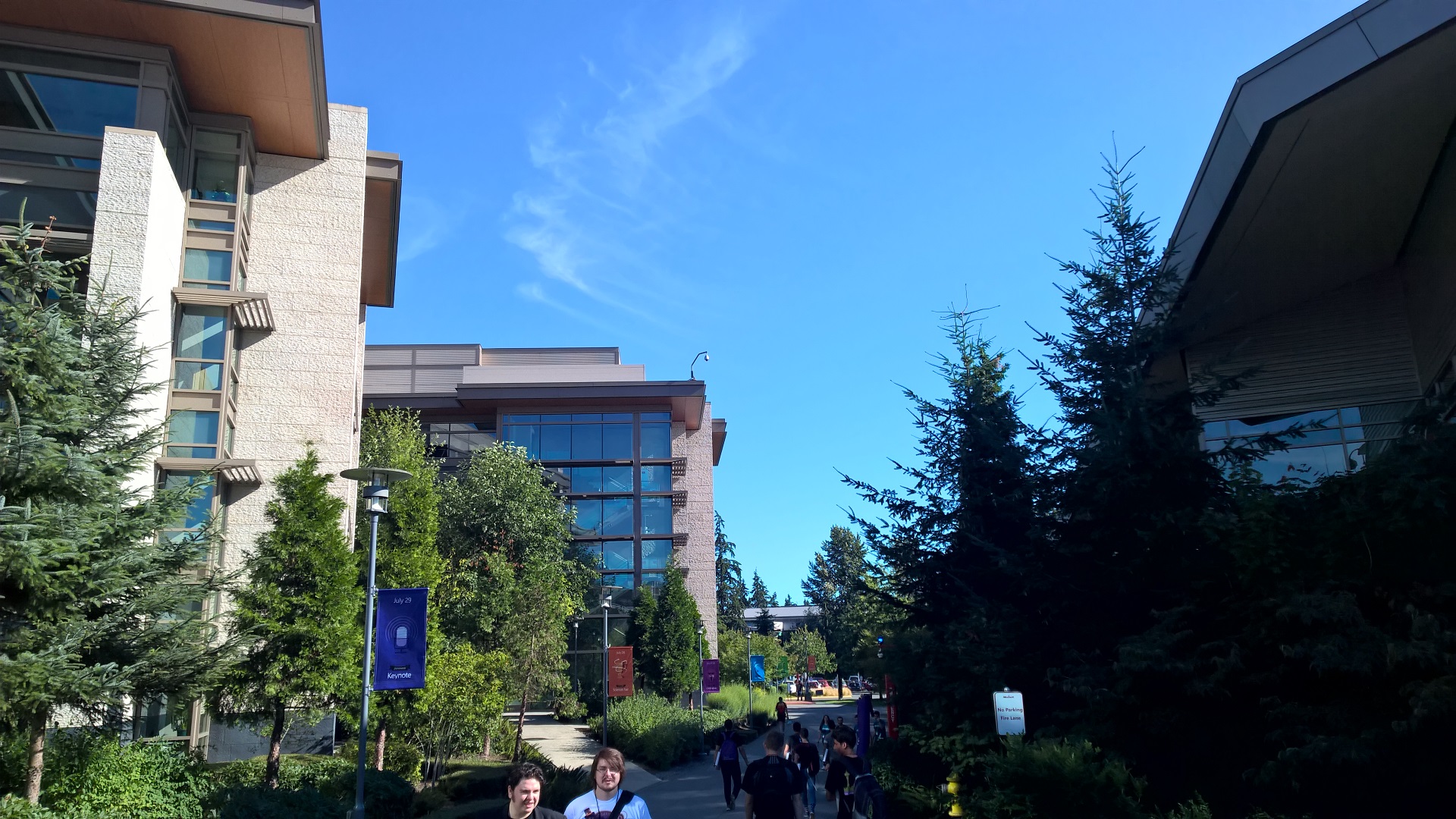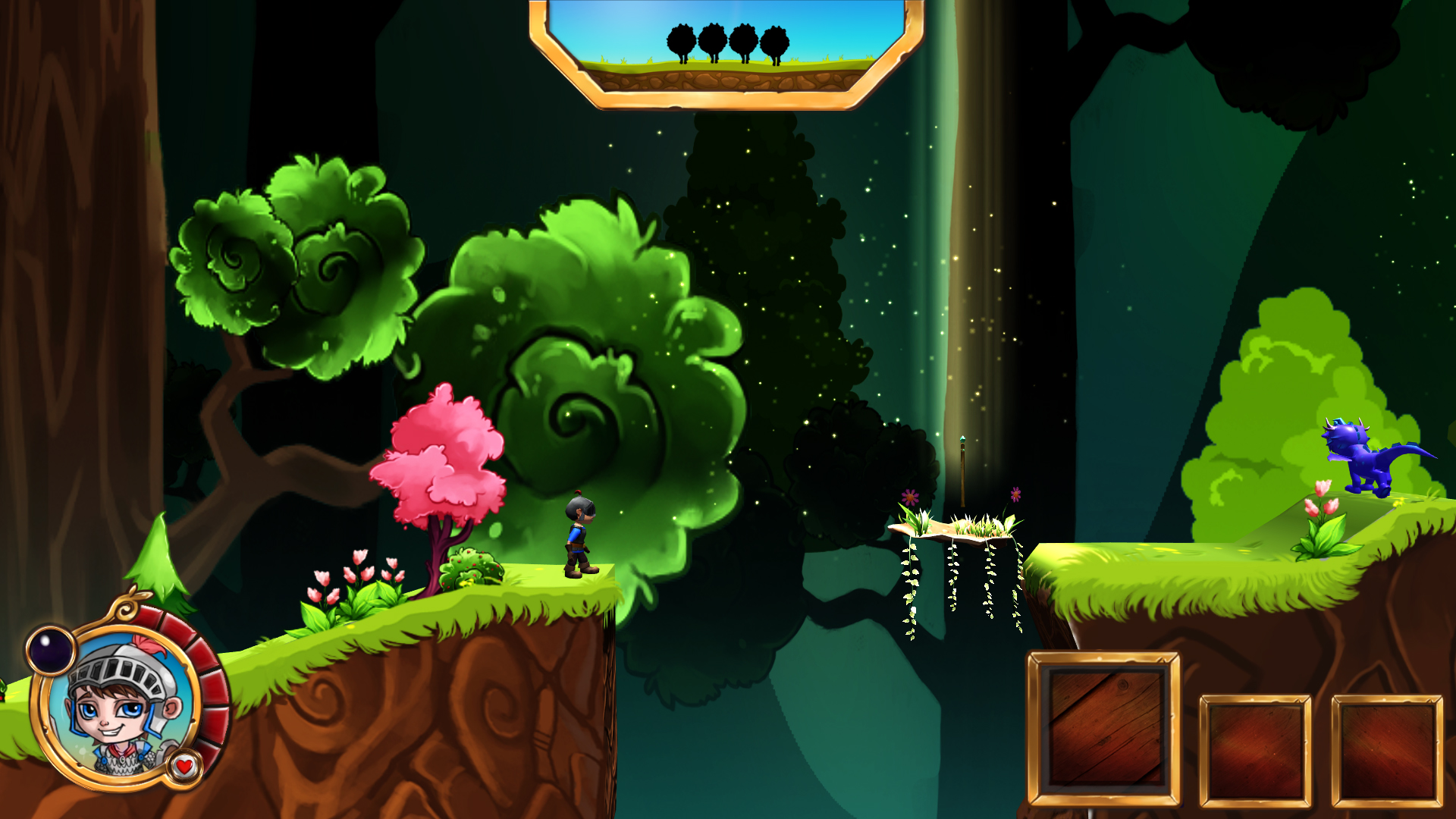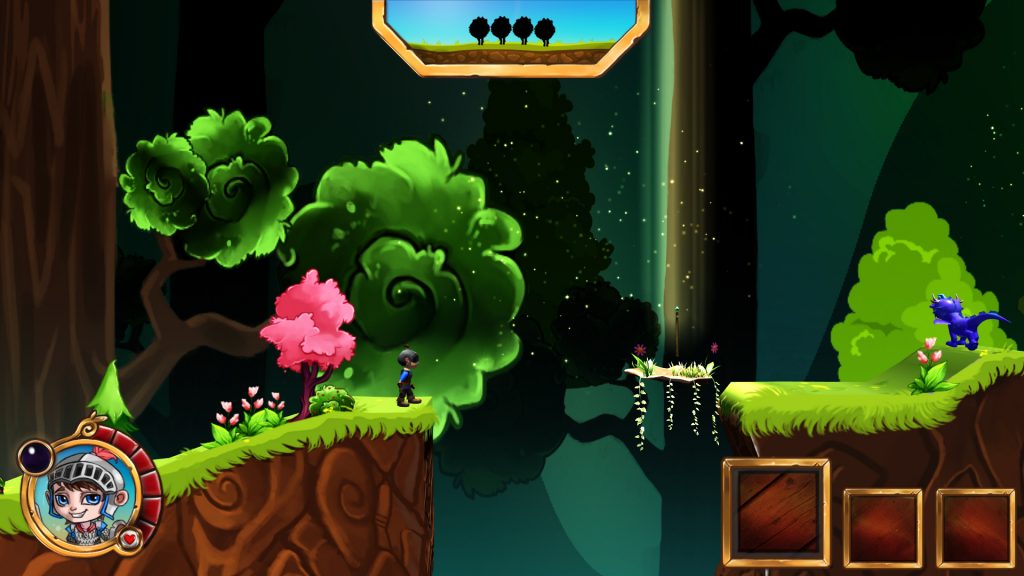Two weeks ago I was in Seattle for the Imagine Cup international finals, in which two South African game developers competed for a grand prize of $50 000.
In case you’re not familiar with the Imagine Cup, it’s Microsoft’s annual innovation competition that challenges teams of students from around the world to create new and interesting applications using Microsoft’s software tools and cloud infrastructure.
Contestants can solve problems, create innovative solutions or develop games. Winners are chosen from each territory and flown to Redmond in July to compete head to head during Microsoft’s annual Tech Ready festival.

Now in its fourteenth year, the Imagine Cup has produced exceptional projects that have launched the careers of the winners into the stratosphere, thanks to the prize money on offer as well as the assistance and support provided by Microsoft after the celebrations are over.
Last year’s winners, team eFitFashion from Brazil, came up with the idea of offering a digital custom clothing service that takes measurements and turns them into clothing that fits customers exactly.
In the year since winning, eFitFashion has evolved their concept into an online marketplace that connects people looking for custom clothing with people who provide that service. Essentially, they took an idea, ran with it over the year since winning and grew it into something so much bigger than the initial vision which is exactly what Microsoft intends for with its Imagine Cup.
Team South Africa
This year, the same South African team that attended last year’s Imagine Cup headed off to Redmond again after winning the South African leg of the competition for a second year in a row. Digital Interactive Games, a two-man team made up of art director Jason Cross and programmer Nicholas Jordaan, are both second-year students from Nelson Mandela Metropolitan University.
The pair’s game is a charming, hand-drawn side-scrolling platformer called Of Dragons And Sheep. Having seen the game in action myself, I can confidently say it’s a quantum leap over of their previous Imagine Cup project in terms of focus, quality, and above all, fun.
Sadly, Of Dragons And Sheep didn’t win the Games category at the Imagine Cup judging; that went to a time-manipulating stealth puzzle game called Timeline from Team PH21. Its unique puzzle-based levels and required use of timing and time-manipulation was admittedly impressive, but it was hard not to be disappointed for our guys.
I had a chance to catch up with Cross and Jordaan and chat about their experiences at Redmond.
What were the biggest lessons you learned from your experience in the 2015 Imagine Cup, and how did that impact how you went about creating a project for the 2016 competition?
Our project in 2015 was a technological challenge for us. We pushed our skills and the features in the game as far as we could at the time. This unfortunately made for a very technical and advanced game but they fun aspect of it took a bit of a dip. As the judges last year wanted to just have fun we learned our lesson and went all out fun this year with a basic game, but one that was lots of fun.
What inspired the specific art style of Of Dragons And Sheep?
There was no specific inspiration for the style, we played with a few different ideas, some more serious some more childlike. In the end we settled for something in the middle, just cute and serious enough to be interesting.

Have the game creation tools you used changed significantly in the time between PYA: Maze of Gods and Of Dragons And Sheep? If so, what were the biggest changes and how did they help you with ODAS?
The people behind the UNITY game engine (which we used for Of Dragons And Sheep) have made MAJOR changes since last year though which changed our production time from a year down to 6 months which is amazing. From the Microsoft side we did experiment with Microsoft Azure for the first time and it was really great to work with. Just some places in South Africa do block their ports so it can be an issue to use in our country at times.
Were there any Windows 10-specific features you found incredibly useful during the development process? If so what are they?
Yes most definitely. With Windows 10 being a cross-platform operating system it helped a ton being able to create one project and publish it with Microsoft’s universal tools to phone, PC and Xbox.
What tools would you like to see Microsoft add to their development toolkit to make creating games a bit easier for you?
I think most of the tools developers use they have already got in place at least as far as game development goes. Maybe the only thing that could be changed would be to make the Azure system a little more user-friendly purely from a game dev perspective. In all other categories it is fantastic to use.
What are your intentions for Of Dragons And Sheep now that the competition is over? Complete and list on the Windows Store? Something else?
Yeah, basically that. We want to get it to a point where we are happy with the amount of content then going to publish it to the Windows store as well as the Google Play Store.
What has the Imagine Cup done for your abilities, knowledge and confidence?
It has given us a much broader knowledge of the kind of work other countries are doing and what the standards are internationally. This has pushed us to think outside of the norm and try new things and experiment with new ideas, whereas most try to keep it within what they know. We now try something we rather don’t know how to do and figure it out. Also having been through the process twice now we know a little more about the industry and know where we need to be before we release the games we want.
What advice would you give aspiring South African Imagine Cup entrants?
Don’t think that just because we (South Africa) are not a leader in game development that we can’t do it. All the tools are available, we have the skills, just a little dedication and the drive and passion to put your idea forward will do amazing things.
I see you purchased an HTC Vive VR headset while in the US. Do you believe VR will truly be as big as many market pundits are expecting it to be?
Not quite yet, as it’s currently too costly to develop for and buy. But in saying that, I believe the ultimate answer to your question will be yes. The places this tech will lead to, and seeing how immersive gaming can become, there is no doubt this is where the future will be. Super-excited about what companies will come up with in the next 10 years.
Imagine Cup 2016 Winner
The overall winner of the 2016 Imagine Cup was Team ENTy from Romania, for their idea to create an inexpensive wearable monitoring device that measures and provides feedback on the wearer’s inner ear balance and posture. The team was crowned the ultimate Imagine Cup winners at a ceremony held at the Quincy Jones Performing Arts Centre at Seattle’s Garfield High School.
I thoroughly enjoyed seeing the Imagine Cup teams presenting their ideas, and while I’m disappointed South Africa’s entrants didn’t make it to the top three, I’m proud of them nonetheless. I also can’t wait to see what next year’s competition will bring.



